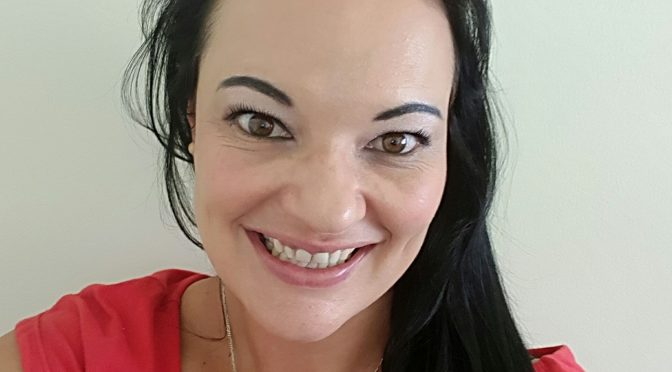Research indicates a connection between mood disorders like depression and substance abuse, says social worker Karen Griessel, who has helped dozens of people kick addiction through Wedge Gardens’ professional treatment programme.
Sanca-affiliated Wedge Gardens has developed a holistic treatment programme based on multi-disciplinary interventions that focus on assessment, behaviour change, family and community integration and recovery care within the life cycle of addiction, from onset to the later years.
“People diagnosed with a mood disorder are twice as likely to abuse substances and one-third of people with depression have an alcohol problem. People who are depressed may drink or abuse drugs to lift their mood or escape from feelings of guilt or despair. But substances like alcohol, which is a depressant, can increase feelings of sadness or fatigue,” says Karen.
She explains that people can experience depression after the effects of drugs wear off or as they struggle to cope with how the addiction has impacted their life. “A drink or two or a line of cocaine might temporarily relieve some symptoms, but the backlash when the chemical leaves the body brings the depression to new lows. This withdrawal depression happens each time chemicals leave the body. This can trigger the use of more alcohol or drugs because they will help get rid of the bad feelings.”
Those who suffer from depression are combating more than just occasional sadness. Many times, the symptoms of depression manifest physically as well as mentally. Some of the symptoms include the following: aches and pains, sleeplessness, hopelessness, anxiety, weight issues, sleeping too much, no energy, crying, worthlessness, irritability, suicide and general loss of interest in life. Some roots of depression include brain functioning, environment and childhood experiences, genetics, situational factors and chemical imbalances in the brain.
“It’s not clear fact which comes first – addiction or depression. Some people develop alcoholism or drug addiction first while others develop depression first. Because drug-use symptoms can imitate the symptoms of depression, it can be difficult to diagnose depression when a person is actively using,” she says.
A person who abuses a substance may also develop depression. For instance, the person may abuse a substance, become addicted, and eventually it affects their life negatively. These effects may contribute to developing depression as it alters the levels of serotonin.
On the other hand, people who have depression may abuse a substance to self-medicate and treat the problem. Although substance abuse may be used to relieve symptoms, chemical intoxication can make depressive episodes more severe, increasing the frequency and intensity of negative thoughts and self-destructive behaviour. “Typically, this is only a temporary solution, as the substance abuse worsens the depression over time. Drug or alcohol dependency can cause a great deal of hardship across all spectrums of life and ultimately worsen the person’s depression.”
The World Health Organisation states that 350 million reported people suffer from depression, half of which won’t receive treatment.
Treatment for depression and substance abuse generally includes the use of both medications and therapy. Antidepressants may be used to stabilise mood, and various medications may be used as needed to moderate withdrawal from substances of abuse. Therapy makes up the backbone of treatment, addressing issues related to both disorders. A rehab programme that addresses both depression and addiction may help to stop the progression of both disorders and empower the individual to build a healthy, sober life.
“Someone who had depression before they began to abuse substances will most likely need treatment, including medication intervention, for a longer time than someone whose depression was caused by the cycle of addiction.
“Depression is a chronic, progressive illness that may get worse without treatment. The only way to treat this serious disorder effectively is through professional therapeutic interventions, such as behavioural modification, support groups, motivational therapy and antidepressant medications.”
* Wedge Gardens can be reached at 011 430 0320. You can also ‘like’ Wedge Gardens on Facebook (www.facebook.com/WedgeGardensTreatmentCentre) or follow them on Twitter (@WedgeGardens)
